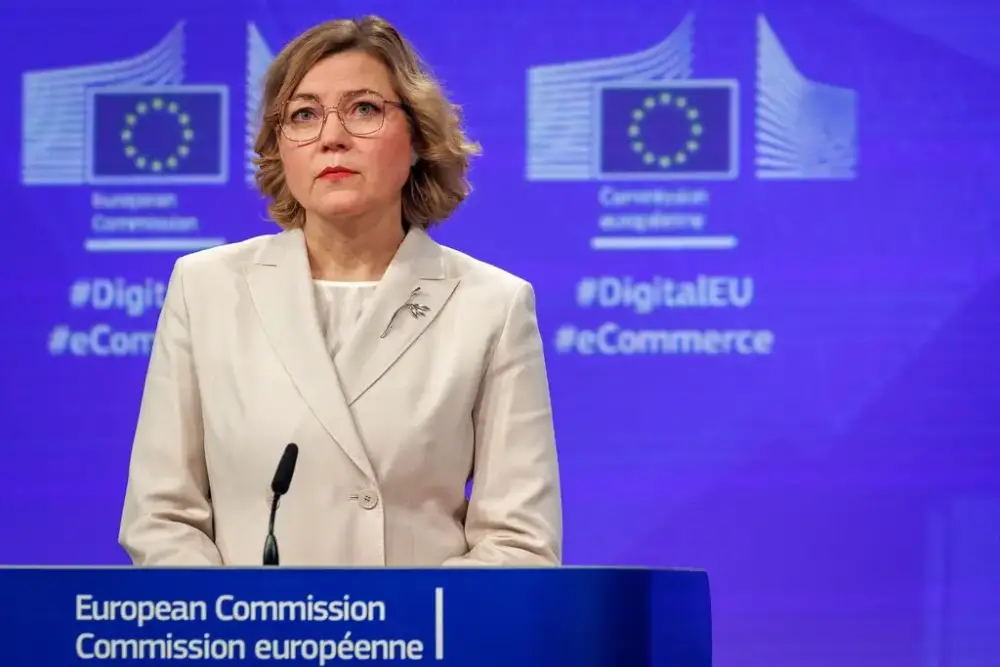
EU ban hành bộ quy tắc AI đầu tiên: bắt buộc minh bạch dữ liệu, bảo vệ bản quyền và an toàn cộng đồng
-
Ngày 10/07/2025, Ủy ban châu Âu công bố bộ quy tắc mới dành riêng cho các mô hình AI tổng quát mạnh nhất, nhắm đến các công ty như OpenAI, Microsoft, Google.
-
Các quy định ban đầu là tự nguyện và sẽ có hiệu lực bắt buộc vào tháng 8/2026, là một phần thực thi Đạo luật AI (AI Act) đã thông qua năm ngoái.
-
Quy tắc yêu cầu các công ty phải cung cấp bản tóm tắt chi tiết về dữ liệu dùng để huấn luyện mô hình – động thái được giới xuất bản chào đón nhằm bảo vệ quyền sở hữu trí tuệ.
-
Các hãng cũng phải tiến hành đánh giá rủi ro về cách hệ thống có thể bị lạm dụng, ví dụ như tạo vũ khí sinh học hoặc đe dọa an toàn công cộng.
-
Những công ty tham gia bộ quy tắc tự nguyện sẽ được giảm gánh nặng hành chính và có độ chắc chắn pháp lý cao hơn, trong khi các công ty từ chối sẽ phải chứng minh tuân thủ bằng cách khác – thường tốn kém và phức tạp hơn.
-
Hiện chưa rõ công ty nào sẽ tham gia. Google và OpenAI đang xem xét; Microsoft từ chối bình luận. Meta có thể sẽ không ký tham gia, trong khi Amazon và Mistral chưa phản hồi.
-
Đây là một phần trong nỗ lực cân bằng giữa đổi mới công nghệ và kiểm soát rủi ro, giữa bối cảnh châu Âu ngày càng lo ngại tụt hậu trước Mỹ và Trung Quốc.
-
Một số nghị sĩ châu Âu và doanh nghiệp phản đối, cho rằng quy định sẽ làm giảm khả năng cạnh tranh và khiến các công ty EU bất lợi so với đối thủ ngoại quốc.
-
Aura Salla – nghị sĩ châu Âu và cựu lãnh đạo vận động hành lang của Meta – cảnh báo rằng việc “xuất khẩu quy định” không nên trở thành sản phẩm chủ lực của EU.
-
Luật chưa nêu rõ cách kiểm soát nội dung sai lệch hay độc hại – vấn đề nóng lên gần đây khi chatbot Grok của Elon Musk tạo ra phát ngôn bài Do Thái trên nền tảng X.
-
Henna Virkkunen – Phó chủ tịch Ủy ban châu Âu phụ trách công nghệ – tuyên bố bộ quy tắc này sẽ giúp AI trở nên “sáng tạo nhưng cũng minh bạch và an toàn”.
📌 EU vừa công bố bộ quy tắc đầu tiên dành cho AI tổng quát, yêu cầu minh bạch hóa dữ liệu huấn luyện và đánh giá rủi ro nhằm đảm bảo an toàn công cộng. Quy tắc hiện chỉ mang tính tự nguyện nhưng sẽ có hiệu lực bắt buộc vào tháng 8/2026. Các ông lớn AI như OpenAI, Google và Microsoft đang cân nhắc tham gia, trong khi Meta có thể từ chối. Dù gây tranh cãi, đây là bước đi quan trọng trong cuộc đua toàn cầu về quản lý AI.
https://www.nytimes.com/2025/07/10/business/ai-rules-europe.html
European Union Unveils Rules for Powerful A.I. Systems
Thảo luận
Follow Us
Tin phổ biến



